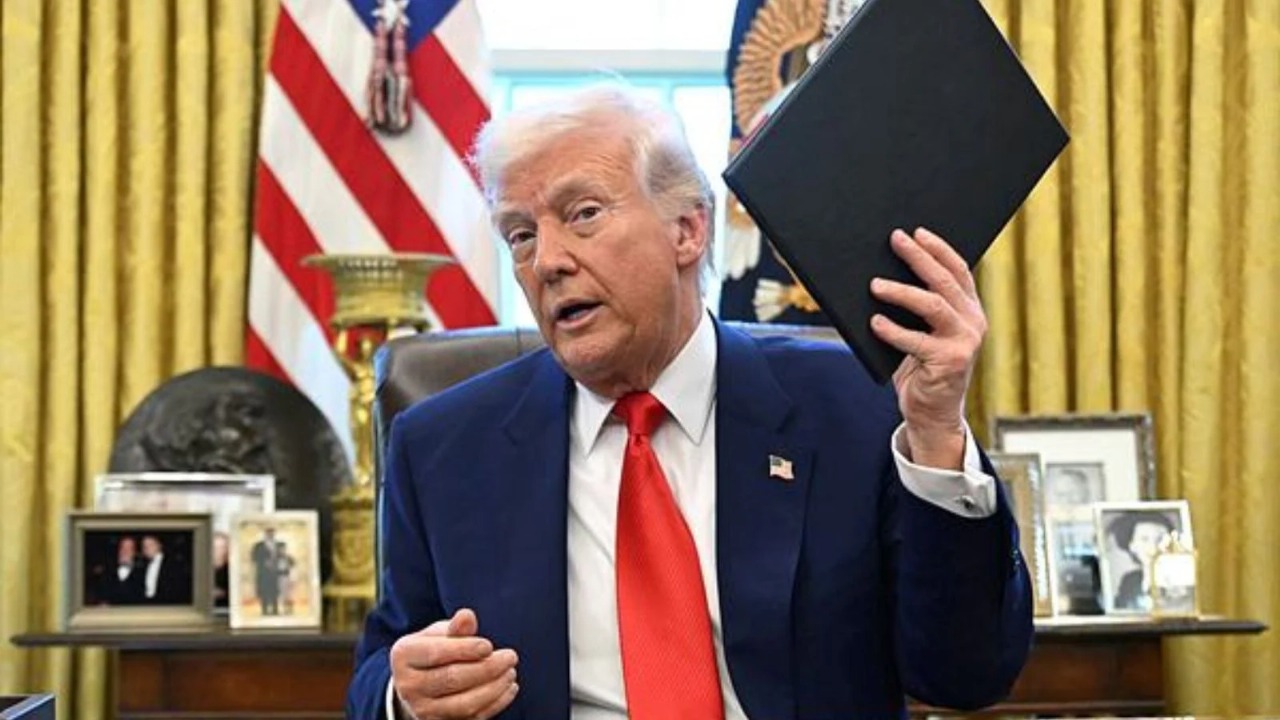India Gains Strategic Trade Advantage as US Exempts Smartphones, Electronics from Tariffs
New Delhi, April 13:
In a significant development for the global technology and electronics sectors, the Donald Trump administration has decided to exempt smartphones, laptops, and other key electronics from reciprocal tariffs, a move that clearly benefits India and Vietnam over China.
According to a US Customs and Border Protection notice, these exemptions apply to smartphones and computers imported into the United States as early as April 5, and include a broad category of consumer electronics and components, such as semiconductors, solar cells, and memory cards.
The exemptions remove the previously imposed 10% global tariff and the 145% Chinese-specific tariffs, which have caused significant disruptions in global supply chains.
“Now, there will be no extraordinary disruption. This is the time to boost capacities and the long-term trend against China will remain robust,” said Pankaj Mohindroo, Chairman of the India Cellular and Electronics Association (ICEA).
“The shock of the last few weeks is a tectonic event, and realignments are bound to happen,” he added.
India-Vietnam Edge Over China
While China still faces a 20% tariff on iPhones, laptops, tablets, and smartwatches entering the US, India and Vietnam enjoy a zero-tariff status for exporting smartphones, laptops, and tablets. This gives both nations a 20% tariff advantage over China, reinforcing their positions as alternative manufacturing hubs amid the ongoing US-China trade tensions.
“The exclusion of smartphones and chips is particularly critical in the context of China tariffs,” noted Prabhu Ram, VP of Industry Intelligence Group at CyberMedia Research (CMR).
“This move offers meaningful reprieve to tech majors like Apple, and to the broader chip and hardware industries globally.”
Boost for Apple and Global Tech Supply Chain
Industry analysts believe the US tariff exemption is a welcome relief, particularly for companies like Apple, which had been caught in the crossfire of the US-China trade war. The exemptions could potentially shift more manufacturing interest toward India and Vietnam, where global tech giants are increasingly investing.
“While it addresses near-term concerns, long-term uncertainty around US-China trade dynamics remains,” Ram cautioned.
Strategic Opportunity for India
With this development, industry leaders are urging India to act swiftly, leveraging the window of opportunity presented by these tariff changes.
“India must strategize using trade diplomacy, supportive domestic policies, and industrial resilience to maintain its competitive edge,” said tech industry experts.
As the geopolitical and economic landscape continues to shift, India’s positioning as a preferred electronics manufacturing hub stands to strengthen—provided the country capitalizes on the current momentum.


